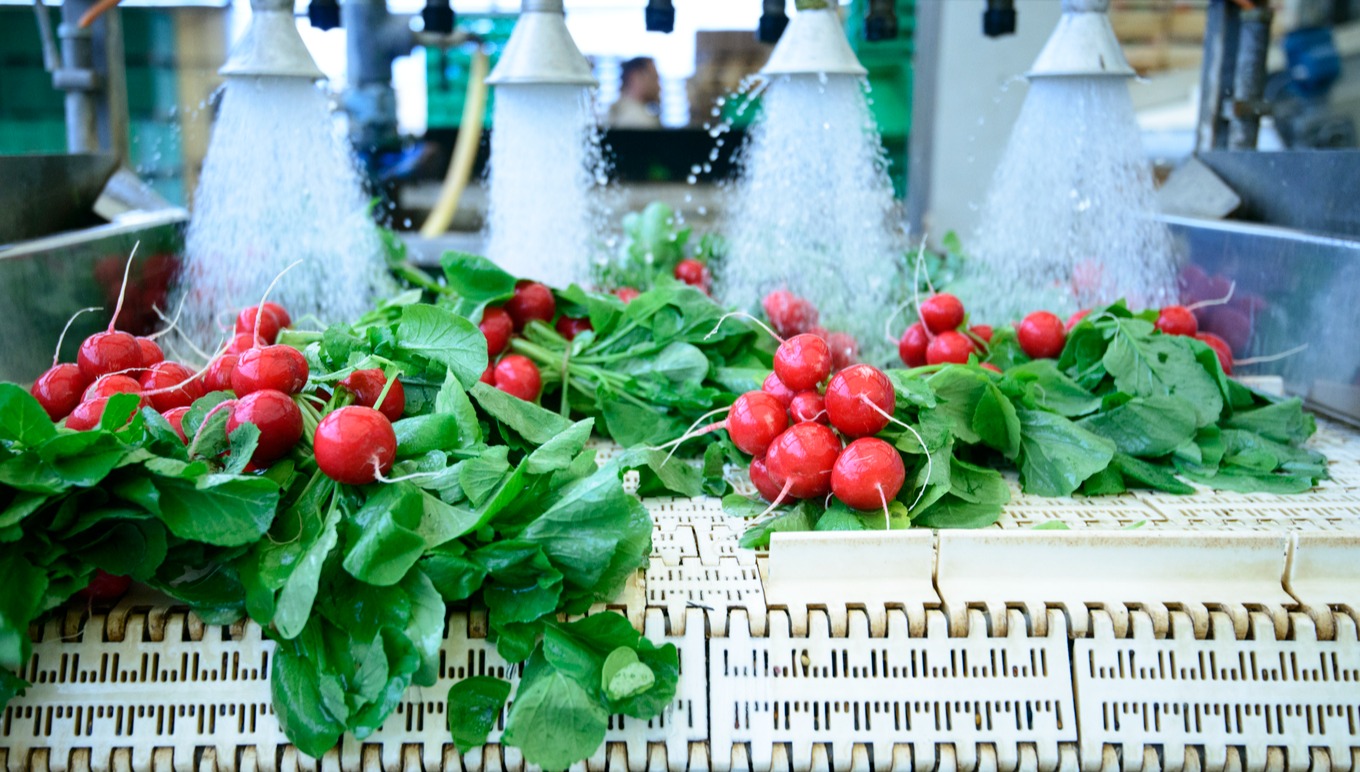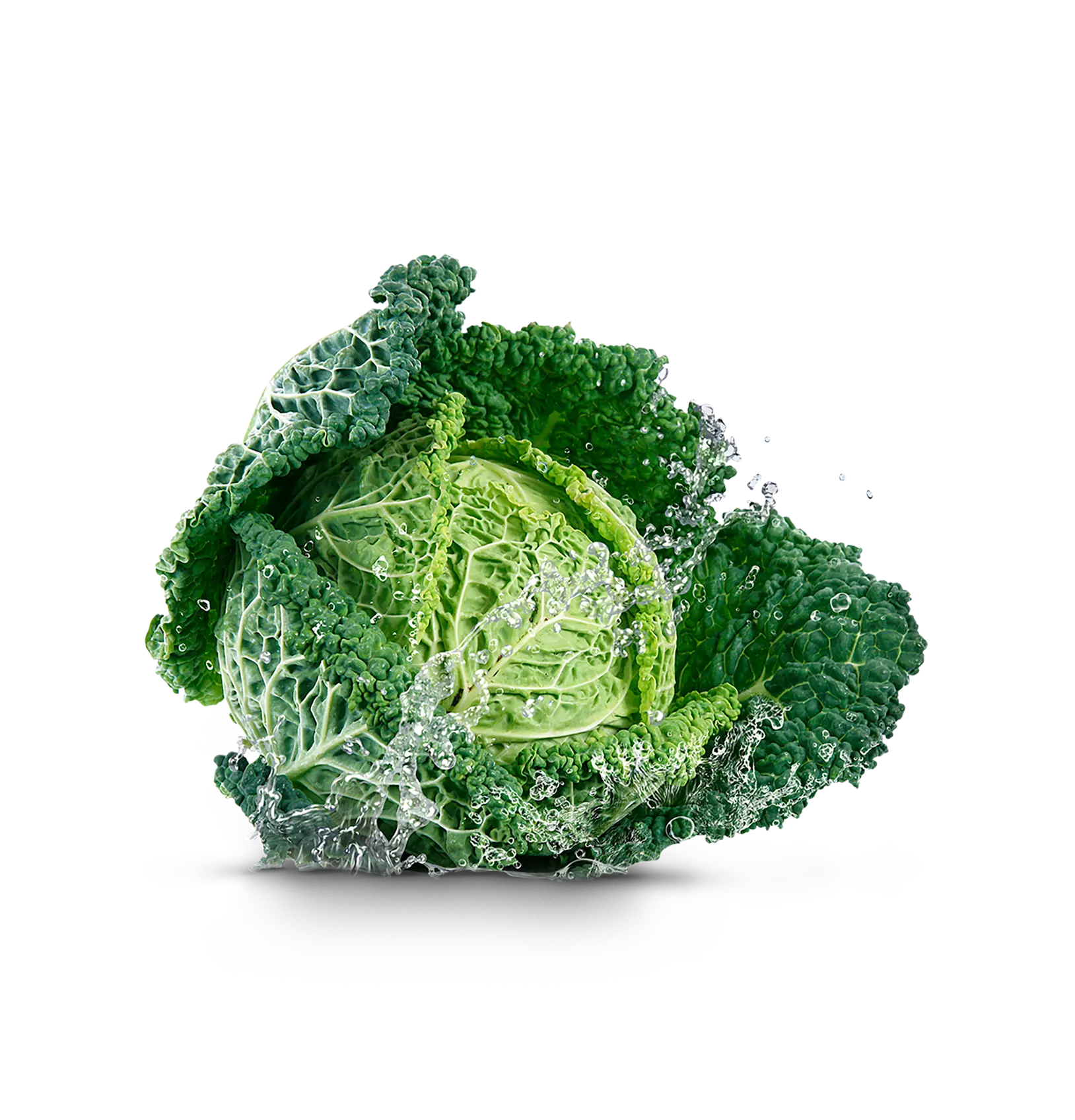Featured in this post
Facilitating Fresh Food Inventory Management with ERP Solutions
Facilitating Fresh Food Inventory Management with ERP Solutions

On the surface, fresh food inventory management might seem simple—you need to know what you have and what you’re running low on so that you can replenish stock as necessary. But when you take into account the challenges that fresh produce businesses like yours face, including varying product freshness ranges, traceability demands and sustainability initiatives, the matter becomes a whole lot more complicated.
Add it all up, and it’s more than an individual staff member, or even a team, can handle on their own. Keeping tabs on the supply levels of one or more large production facilities is a job best left to technologies dedicated to the purpose, like the fresh food inventory management features of specialized enterprise resource planning (ERP) solutions.
Here, we’ll go into greater depth on three reasons why inventory management is so crucial to fresh produce companies, as well as three tools of advanced ERP systems that, being built on industry best practices, can improve your approach and drive better results.
Why Is Inventory Management So Important for Fresh Produce Businesses?
At its heart, inventory management is about having full visibility into reliably accurate stock level figures. In practice, though, it’s about much more than mere numbers—your efforts in this area also have the potential to make a positive impact on several other aspects of your organization.
1. Traceability and Food Safety
Both regulatory bodies and consumers alike are demanding total traceability from food and beverage businesses. It’s vital that you have bi-directional visibility from one end of your supply chain to the other, and a critical portion of that journey occurs within your own facilities as materials are moved into inventory and then picked for processing and packaging.
Capturing and updating relevant product data at every tracking point is necessary to keep your records complete, so it’s to your advantage to automate the process of collecting and logging with the functionalities of a fresh-specific ERP solution. Keep in mind that even the smallest, most granular details could be relevant down the line—in the case of fresh produce, country of origin and variety can be especially pertinent—so ensure that the interface can accommodate as many fields and labels as the situation calls for.
This also plays a big role in food safety, as you’ll need to be able to dig down to the lot level or further in order to find the source of a contamination and identify what goods might have been affected. With the right ERP and inventory management features at your fingertips, you can feel confident and act quickly in the case of an audit or recall.
2. Minimizing Waste and Becoming More Sustainable
The perishable nature of fresh produce makes recording the freshness ranges of your products and utilizing them accordingly of utmost importance. After all, if you don’t move time-sensitive goods to market fast enough, you waste not only the items themselves but also the money, time and energy you invested in harvesting or purchasing them from suppliers and storing them on-site.
The inventory management capabilities of ERP built for the fresh produce industry were designed with this reality in mind, and maintain all important dates in the system while also helping implement a first-expiry, first-out (FEFO) picking method. That way, whatever is closest to the end of its window of viability is prioritized first to make sure it does not spoil before it can be sold and enjoyed.
Cutting down on the losses you incur as a result of your produce going bad can have a big impact on both your profit margins and brand reputation for sustainability. In this way, you can accomplish two objectives at once by making better use of what you have and becoming a leaner operation with the right platform in place.
3. Customer Satisfaction
Fresh foods continue to be one of the most in-demand categories for individual customers and retailers alike. According to FMI, 80% of grocery shoppers say that high-quality fruits and vegetables are among the most important attributes when it comes to choosing what store to visit.
With the market healthy, you need to be able to capitalize on the opportunity, and that means delivering the right products in optimal quantities to your clients. The fresh food inventory management features of a purpose-built ERP solution can help you avoid stock-outs at inopportune times by making your figures highly visible. The system also syncs up with your sales outlets so that replenishment orders are always received and processed in a timely fashion, and that specific customer requirements on quality are fulfilled.
You want to be known by the stores and restaurants that sell your products, as well as the end consumers, as a company that delivers delicious fresh food reliably. Therefore, it pays to have a robust, dependable technological foundation to make sure you’re in the position to satisfy those expectations with supply perfectly aligned with demand.
What Inventory Management Tools of ERP Platforms Drive Improvement?
Within the inventory management modules of sophisticated industry-specific ERP systems like Aptean Food & Beverage ERP, purpose-built functionality can greatly simplify your operations and streamline your processes. These three tools will allow you to consistently have the fresh produce products that you need, when you need them.
1. Advanced Demand Forecasting
Through the analysis of past sales data, market trends and seasonality information, fresh produce ERP solutions can forecast demand for certain fresh food products months in advance so that your sourcing is appropriate to the situation. You’ll then be able to leverage these estimations to make sure you grow or purchase the right amounts to channel to your outlets.
When you have a good idea ahead of time about how much of a certain crop will be necessary, you won’t be caught in the awkward spot of having undershot your needs or not having enough options for suppliers, nor will you end up with excess unsellable goods that go to waste. Striking that perfect balance is much easier with the right technology on your side.
2. Automatic Replenishment
While you no doubt have professionals who are at least in part responsible for keeping tabs on what stocks need to be replenished, it’s important to have a backup in place should something slip through the cracks. Through the inventory management interface, ERP solutions built for fresh produce businesses like yours allow you to set the threshold at which you would like automatic reorders issued, heading off potential shortages that could occur at critical periods.
You’ll also have complete control over which supplier receives the request and just how much additional supply will be delivered, and all necessary records will be created in the system, just like a manually issued purchase order. You’ll be able to rest easy knowing that you’ll always have enough of your various materials to carry on with operations without interruption.
3. Integrations with Connected Devices
As mentioned above, a large part of fresh food inventory management is the collection and maintenance of data, but it’s best to automate and streamline that process as much as possible—for both efficiency and accuracy. Jotting notes down by hand and entering them in a terminal later is error-prone and time-consuming, so fresh produce ERP systems take the matter off the plate of your employees by connecting directly with the devices that are analyzing the characteristics and reading the labels of your goods.
For measurements, ERP platforms can integrate with smart sensors and scales to automatically pipe readings of temperature, ripeness and more into your database in real time. And for barcodes, QR codes and other kinds of data-rich labels, the solution can sync with handheld and fixed scanners to immediately create and update records for an airtight approach.
Achieving Excellence in Inventory Management with an ERP System
Whether your fresh produce business has many lines or few, a supply chain that’s sprawling or simple, good inventory management will play a considerable role in your success down the road. We’ve looked at a few of the reasons ERP solutions are the technology to turn to for superior performance on this front, but consider also just how transformational the implementation of a truly cross-functional platform could be for your organization.
You’ll have all of your departments connected and integrated, from finance and sales to the folks on the warehouse floor. You can operate on all cylinders and plan well into the future knowing that you’ll always have sufficient stock to meet market demand but also won’t be held back by waste that hurts your bottom line.
At Aptean, we have in-depth fresh food industry knowledge through decades of work with a variety of clients in the sector. There are unique challenges to confront when it comes to consistently providing excellent fresh produce offerings, so we’ve built tools expressly for those purposes to improve the processes—and profitability—of our customers.
Want to hear what Aptean's produce ERP can do for your fresh produce business? Contact us today to learn more.
Start Transforming Your Fresh Produce Operation
If you’re ready to take your business to the next level, we’d love to help.



 Jack Payne | Vice President, Product Management & Solutions Consulting
Jack Payne | Vice President, Product Management & Solutions Consulting